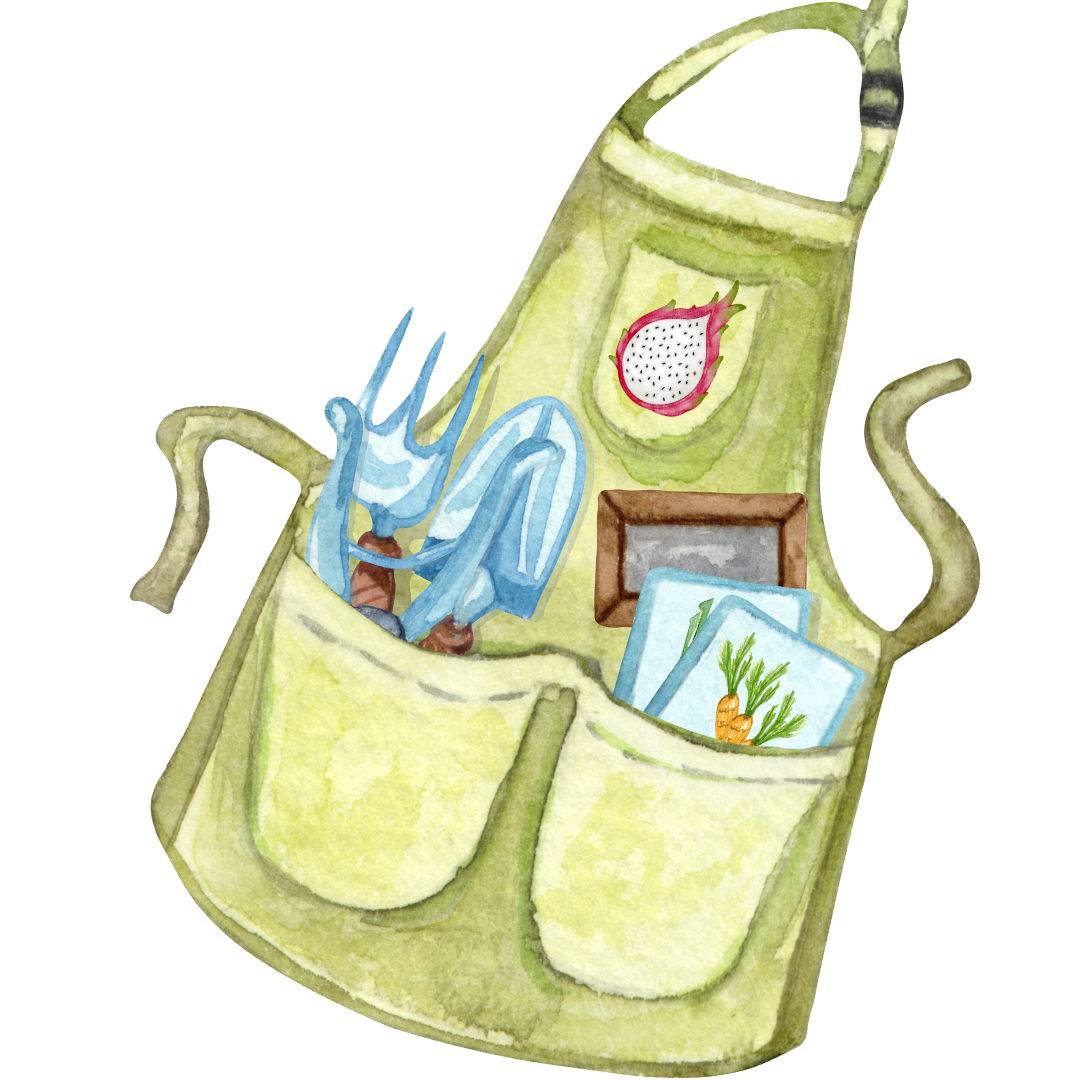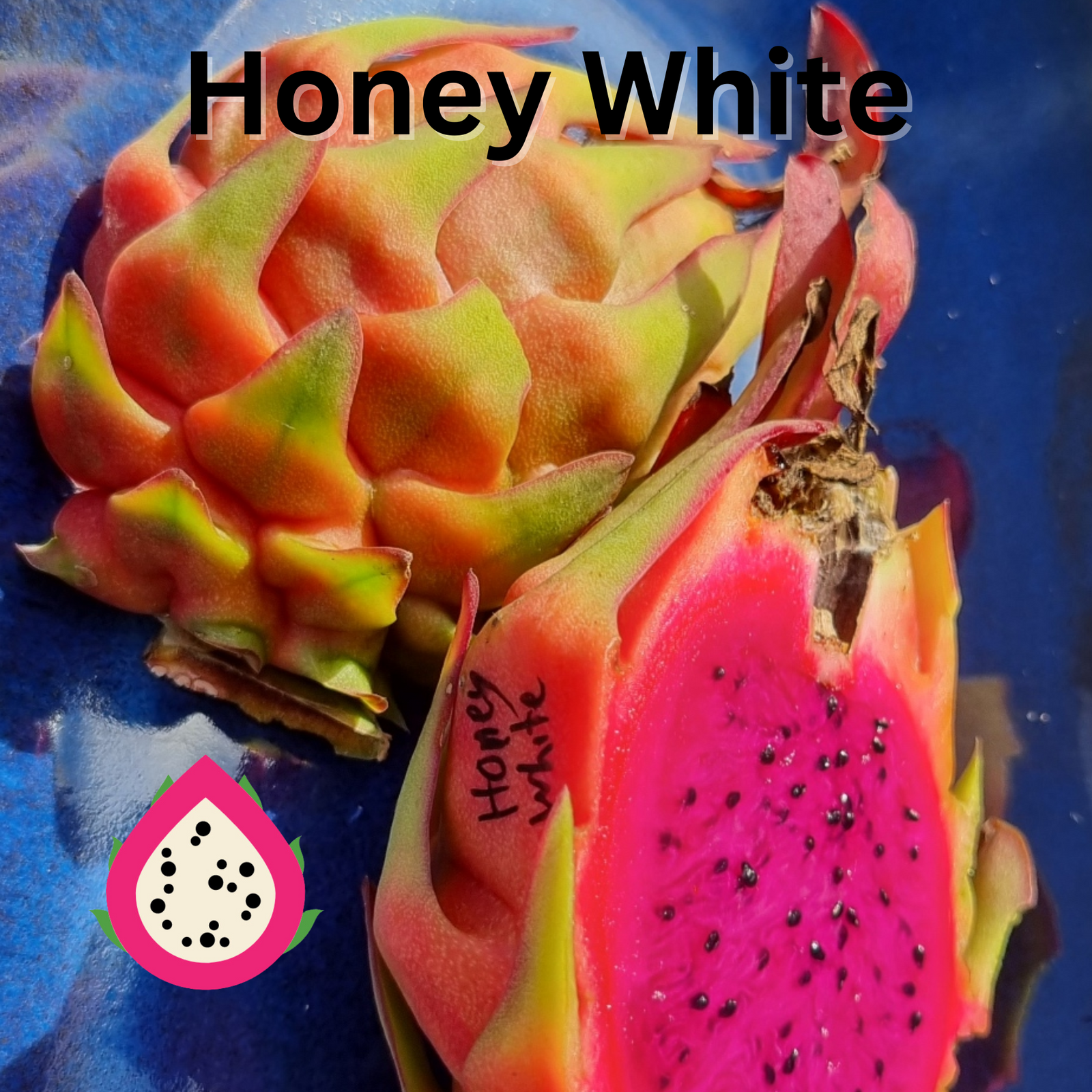Dragon fruit, also known as pitaya or pitahaya, is a tropical fruit that comes from various species of cactus. There are different varieties of dragon fruit, each with its own characteristics, including different skin, flavor and flesh colors.
"NOID" typically stands for "No IDentification" and is often used in gardening or horticulture when a plant or specimen doesn't have a specific identification or label.

In the dragon fruit community there is a stigma around NOIDS being bad and they should not be sold or swapped.
NOIDS characteristics, including different skin, flesh colors, fruit size and flavour charetisics interest me.
In researching a lot of dragon fruit varieties in Australia I am able to follow the variety back to to the original distributor and the answer comes up when asked where did you get the cutting or seeds from and they say it fell of the back of a truck?
Smuggled seeds and cutting are the biggest problem in Australia. Putting each True variety into the category of NOID.
For example I have been given 4 different varieties of Desert King, The Australian, the US , Depot and TLM variety? Each looking slightly different?
Even reputable sellers (I'm not going to name, names as I believe everyone is human and we all need to approach life with an open mind and heart) I have seen 2 commercial Australian growers who have shared a cutting and growing 2 completely different fruit?
I would also like to research more into this than just pointing the blame to a unethical seller. What other variants could there be? Soil quality, fertilizer regime, type of fertilizer, water, weather, aspect and time of pick?
Maui was collected from the road side in Hawaii.
I too have an interested in researching road side dragon fruit? Have you ever thought how they came about?
- Where they planted? Were they part of an old home steads garden?
- Where they spread by dropping of an animal? Bird or bat? If spread by seed these should have different genetics that could make them a valuable addition to our collection and boast characterise that could have value. Adaptability, versatility and disease resistance.
I believe in dragon fruit genetic testing, facts and reporting your own experiences. (We are interested in perusing genetic testing of our varieties)
At Rare Dragon Fruit we sell all varieties as we purchased them, we only sell once they have flowered and fruited. If there is too much variation to relevant information regarding a variety we do not sell it and it goes on the burn pile.
In some circumstances they variety may show unusual and valuable characteristics that I'm not willing to part with. eg. Not red curly- a variety that was sold to as a red curly variety. It has none of the characteristic of Red Curly but it is a unique, sweet, self fertile and a great produce.
I have copped flack for keeping Not Red Curly, being a NOID but I have provided all the information I can in the description and if I called it NOID I couldn't tell NOID apart from another, this is when I name my NOID plants.
I typically name my NOID dragon fruit in relation to where they came from so it is easy to remember, instead of having NOID 1, NOID 2, NOID etc.
So NOIDS are always going to be in the Dragon Fruit Industry there is no getting around this. You just need to decide what varieties you want in your collection. What characterises you prefer and go from there.
The authenticity of the variety's will not be conclusive until genetic testing is conducted and a would wide data base in established.







